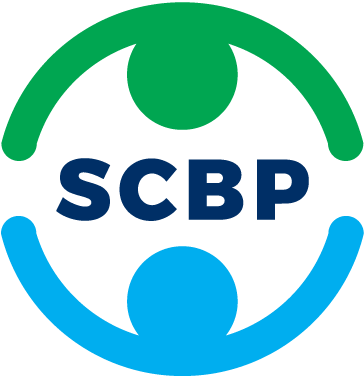You are here
PROGRAMME STRATEGY AND OUTCOMES
HOW DOES THE PLATFORM WORK
The Platform supports National Urban Sanitation Missions, States and Towns, by developing and sourcing the best Capacity Building, Policy Guidance, Technological, Institutional, Financial and Behaviour Change advise for Non-Sewered Sanitation and FSSM.
SCBP’s core work is capacity building for non-sewered sanitation and integrated wastewater management. From 2015 onwards, the Platform has developed a portfolio of training modules, research reports and forged institutional and knowledge partnerships to deliver capacity building for FSSM at scale.
To sustain capacity building efforts in the long run, SCBP aims to generate a pool of trainers on FSSM through Training of Trainers (ToTs), thereby enabling national training institutes to conduct trainings for cadre of government officials on FSSM.

WHY NON-SEWERED SANITATION
According to the Ministry of Housing and Urban Affairs (MoHUA), Government of India, 60% of the urban population in the country relies on on-site sanitation, such as septic tanks, pit latrines and soak pits. Therefore, non-sewered sanitation options are critical for achieving the goals for urban sanitation under various national missions.
FSSM is the safe collection and transportation of faecal sludge from the containment system, treatment of the sludge at a designated site, followed by safe disposal or reuse of the treated sludge from onsite sanitation systems such as pit latrines, septic tanks.

In the Indian context, the hybrid system is prevalent wherein the solids are contained in the septic tank at the household level and the sullage is disposed off into the drains outside the houses. Since a network of drains is involved for the conveyance of the sullage, these systems cannot be classified as completely sewered or non-sewered sanitation system.
TARGET AUDIENCE
All stakeholders ranging from National Missions, State and Town Officials (Public Health, Engineering and Administration), Elected Representatives, Private Sector Consultants, NGOs and Academia.
The Platform provides a sharing and cross learning opportunity for SCBP Partners. To pool in their knowledge resources on all aspects of urban sanitation capacity building. Facilitates joint development of training modules, learning and advocacy material including developing Key Messages and Content. And a platform for sharing and dissemination of FSSM Research, Advocacy and outreach to State governments and Urban Local Bodies. Over the last four years the Platform has produced Training Modules and Learning Content on Decentralised Sanitation solutions, that is now accessed by a larger audience nationally and globally.
-
State Level & National Capacity Building Support: Policy Advise, Training of ULB staff, Research and Advocacy.
-
Institutional Capacity Building: Nodal AMRUT Agencies and State Training Institutes Capacity Building and Trainings Support.
-
Academia and Private Sector Capacity Building Support and Engagement.
CAPACITY BUILDING STRATEGY AT STATE LEVEL
Supporting select State governments, their Para state Agencies, Towns and Urban Local Bodies: Capacity building activities are planned to cover all stakeholders involved in the FSSM value chain – government officials, elected representatives, masons, private sector and community.
ACHIEVED OUTCOMES
-
State Level support

-
Institutional Capacity Building for FSSM
2.1 National Training Institutes/Nodal AMRUT training agencies– capacity building support for FSSM trainings:
- Training of Trainers with faculties of 13 Nodal Training Institutes on various aspects of FSSM such as Orientation, Planning, Integrated Wastewater and Septage Management, Designing of Treatment Systems and Co-treatment.
- Resource person and training content support to Nodal Institutes for the delivery of Advanced training on FSSM.
- Advanced Training of government officials in various States, through a network of Nodal Training Institutes.
- Exposure visits on FSSM and Wastewater management to successfully implemented case studies of India and abroad for government officials of Nodal Institutes.
2.2 Capacity Building of sector Experts:
- Training of Trainers for Alliance Partners, Consultants, Academicians, Planners, and other professionals.
- Training of Trainers with sector experts at the international level (South Asia and Africa).
2.3 Academia Engagement:
- A multi-disciplinary engagement with 9 academic institutes (3 Engineering, 2 Architecture, 2 Urban planning, 1 Humanities and 1 Management) to integrate non-sewered sanitation & FSSM into course curriculum through 24 courses.
- National Academia Conclave on Urban Sanitation was organized in 2019 – an annual learning event for students and faculties to discuss, share and reflect upon learnings under this engagement.


